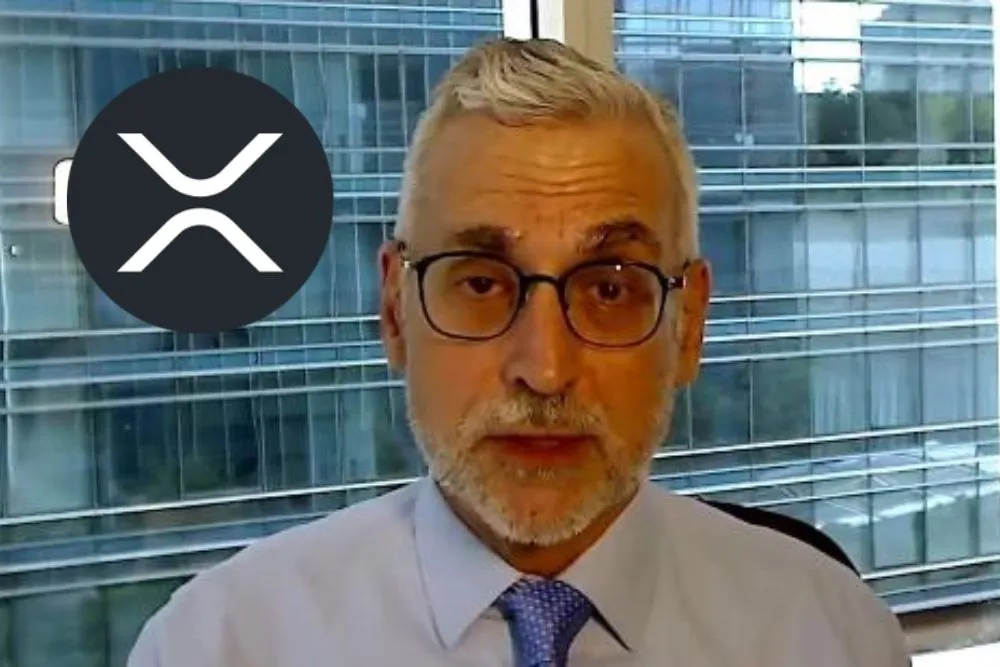
XRP Army Rejoices As Ripple CLO Responds to U.S. Senate Banking Committee
In a significant move, Ripple has formally responded to a Request for Information (RFI) issued by the U.S. Senate Banking Committee regarding proposed legislation to establish a clear regulatory structure for digital assets. The company’s Chief Legal Officer, Stuart Alderoty, expressed gratitude towards the committee, highlighting Ripple’s extensive experience working with regulators worldwide and valuable insights gained from its protracted legal battle with the U.S. Securities and Exchange Commission (SEC).
In his statement, Alderoty emphasized Ripple’s commitment to supporting a clear and consistent regulatory framework for digital assets. However, he noted that the current draft legislation may inadvertently create more confusion than clarity, particularly in regards to SEC jurisdiction and token classification.
Ripple’s response outlines various concerns about the proposed bill, primarily focusing on the potential expansion of SEC authority beyond its original purpose. The company fears that this could lead to an indefinite regulatory framework for tokens like XRP, ETH, and SOL, solely because they have been involved in investment contracts in the past. Ripple asserts that such a move would disregard the current use and maturity of these tokens, many of which have long been traded freely on open networks.
The response also criticizes the reliance on the SEC’s interpretation of the Howey Test, a legal standard used to determine what constitutes a security. Alderoty emphasized that Congress must establish statutory clarity to prevent regulatory overreach. Instead, Ripple advocates for legislation that limits SEC jurisdiction to cases involving actual investment contracts, thereby precluding retroactive enforcement actions that could destabilize established markets.
In essence, Ripple proposes that tokens that have been freely and widely traded on open networks for at least five years should be exempt from securities regulation. This proposal would offer legal certainty to market participants and prevent regulatory overreach in the form of retroactive enforcement actions that could disrupt mature markets.
Source: timestabloid.com


